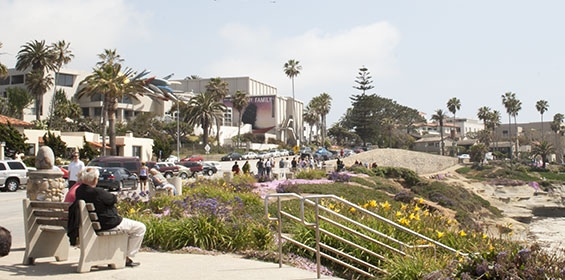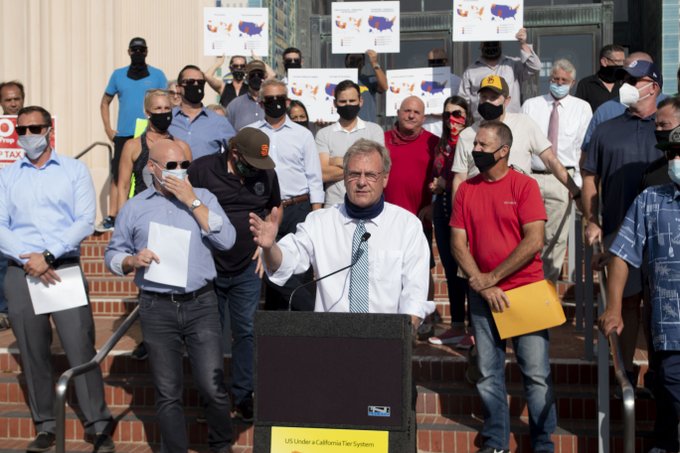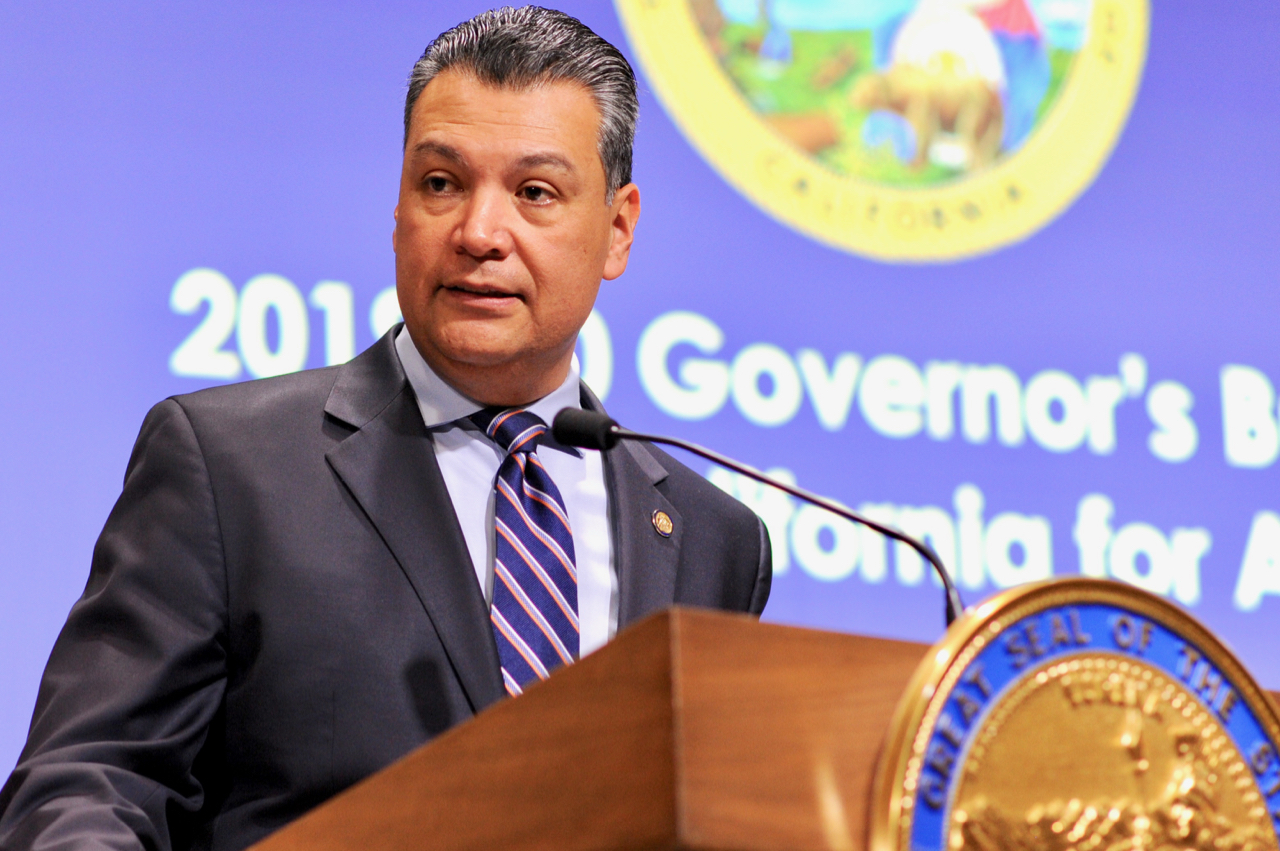
San Diego. (Photo: Sandiego.gov)
March Primary Shows San Diego County Voters Are Taxed Out
Democrat Assemblyman Patrick O’Donnell disagrees
By Michelle Mears, March 13, 2020 12:29 pm
San Diego County voters sent a message on Super Tuesday that they are tax fatigued to local and state government officials. Lawmakers are now forced to go back to the drawing board to figure out how they will fund their projects. The tax-focused measures that failed in the March primaries were geared towards educational projects. School bonds have been a slam dunk in California for decades, but the March primaries suggest times are changing.
California Proposition 13 was the first school bond to fail in the state. Counties across the state including San Diego revolted against the proposition meant to raise $15 billion for school improvements. Californians refused to give the state the two-thirds votes needed to pass the tax. In San Diego, 55.44% of voters said no, which is on par with the 53.9% of voters statewide who also voted no.
However, Democrat Assemblyman Patrick O’Donnell of Long Beach does not believe voters are tax fatigued. O’Donnell blames the failure of Proposition 13 on its name.
In California, most voters think of the 1978 taxpayer revolt also called Proposition 13 that capped most property taxes at one percent of a home’s sale price and holds annual increases in assessed value to two-percent or less. It has been reported as one of California’s most famous ballot measures.
State law requires the sequential numbering of ballot measures and O’Donnell plans to introduce a bill that will retire the number 13. This move to retire number 13 from future measures has bipartisan support with Republican Assemblyman Jay Obernolte co-authoring Assembly Bill 2088 a bill aimed to avoid voter confusion.
O’Donnell, Chair of the Assembly Education Committee wrote in a press release, “AB 2088 will put an end to using the number 13 to prevent confusion and misinformation. I welcome my Republican colleague as a joint author of this bill.”
The following measures were the school bonds that failed to obtain the required 55 percent approval to pass. The taxes raised would have been used for a variety of school facility improvements.
• Measure L: Cajon Valley Union School District: Bonds up to $220 million, requiring an average increased tax rate of $26 per $100,000 of assessed property value for bond repayment.
• Measure M: Chula Vista Elementary School District: Bonds up to $300 million, requiring an average increased tax rate of $30 per $100,000 of assessed property value for bond repayment.
• Measure Q: Escondido Union School District: Bonds up to $205 million, requiring an average increased tax rate of $30 per $100,000 of assessed property value for bond repayment.
• Measure R: Lakeside Union School District: Bonds up to $33 million, requiring an average increased tax rate of $30 per $100,000 of assessed property value for bond repayment.
• Measure P: Poway Unified School District: Bonds up to $448 million, requiring an average increased tax rate of $30 per $100,000 of assessed property value for bond repayment.
The only school bonds that passed in San Diego County were San Ysidro’s Measures T and Q with an overwhelming 68% and 66.89% approval vote.
• Measure T: Will improve school security and upgrade facilities through a maximum of $52,985 million in bonds. The bond would require an average tax rate of $30 per $100,000 of assessed property value for bond repayment.
• Measure Q: This measure allows the district to sell bonds up to $55.5 million, requiring an average tax rate of $30 per $100,000 of assessed property value for bond repayment. The funds will be used to upgrade classrooms and school facilities.
The only non-school bond that San Diego City voters were able to vote on was Measure C, the Hotel Visitor Tax Increase and Bond Authorization for Convention Center Expansion, Homelessness Programs, and Street Repairs.
Voters in the city of San Diego said yes to Measure C which will increase hotel tax from 10.5 percent to 11.75, 12.75, or 13.75 percent, depending on a hotel’s location to the downtown Convention Center. But Measure C is a tax geared towards having tourists pay for the improvements to their community.
The measure reads that 59-percent of funds will be directed towards the Convention Center and 41-percent will go towards homelessness programs and services. After 2023-2024 10 percent of the funds will be moved from homelessness to street repairs and will remain in effect until 2061.





Geesh……..it was for the kids….